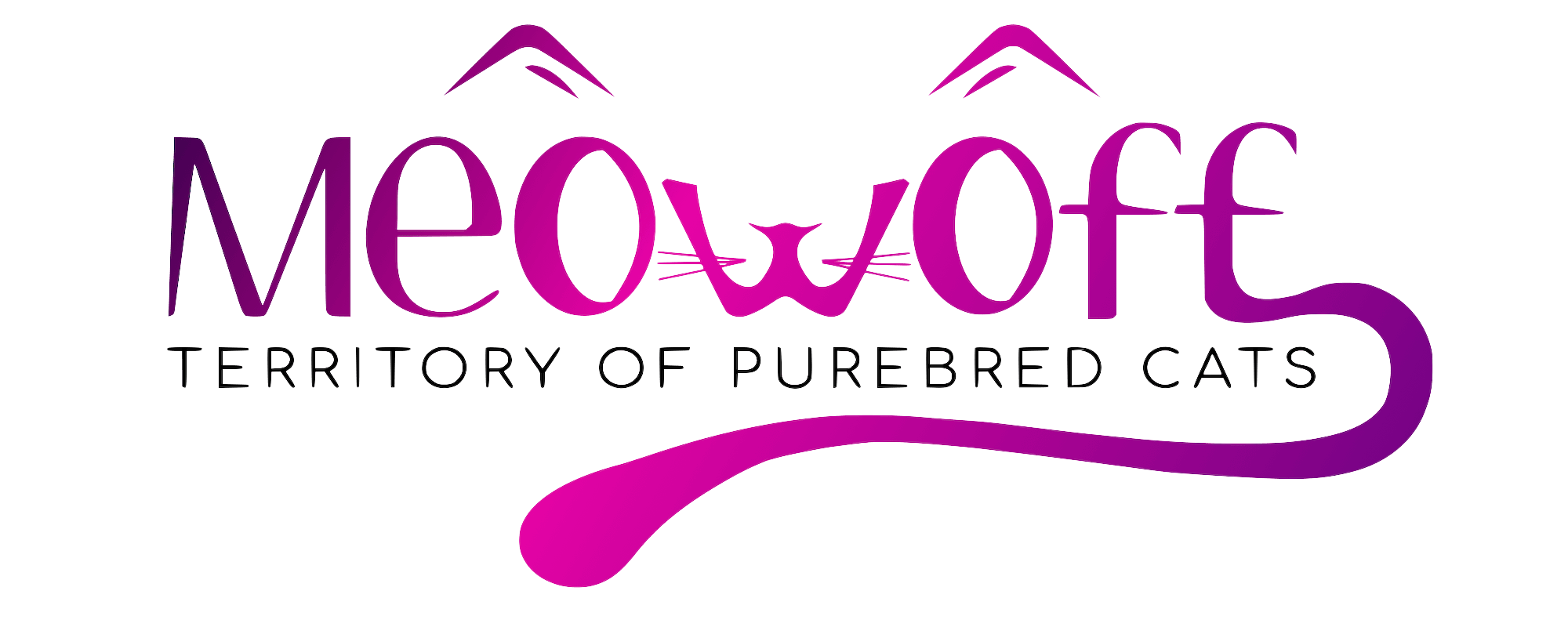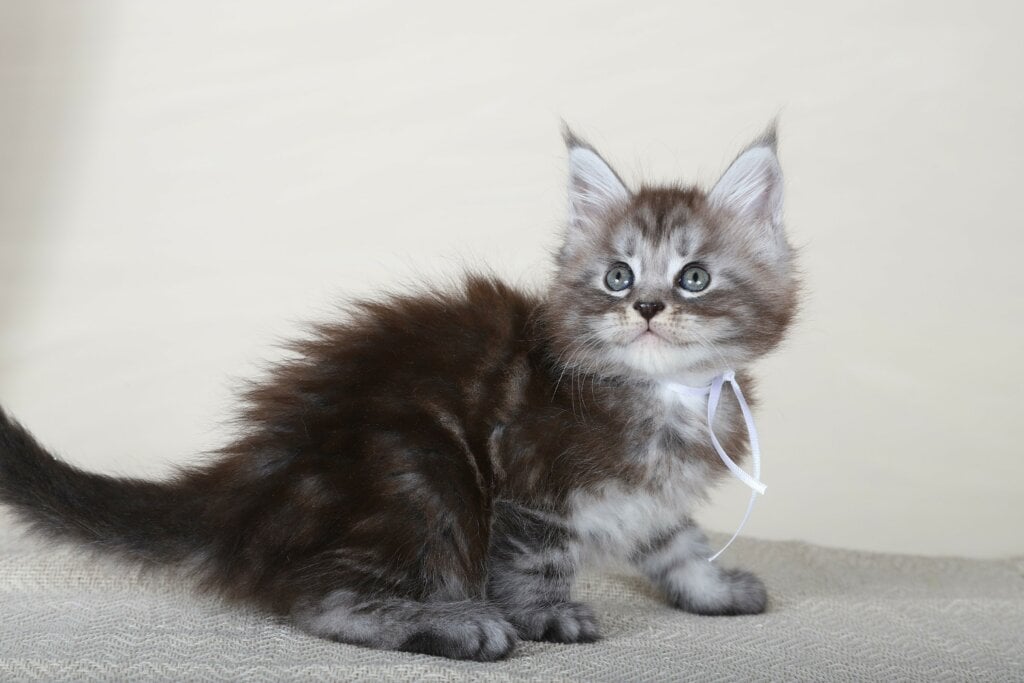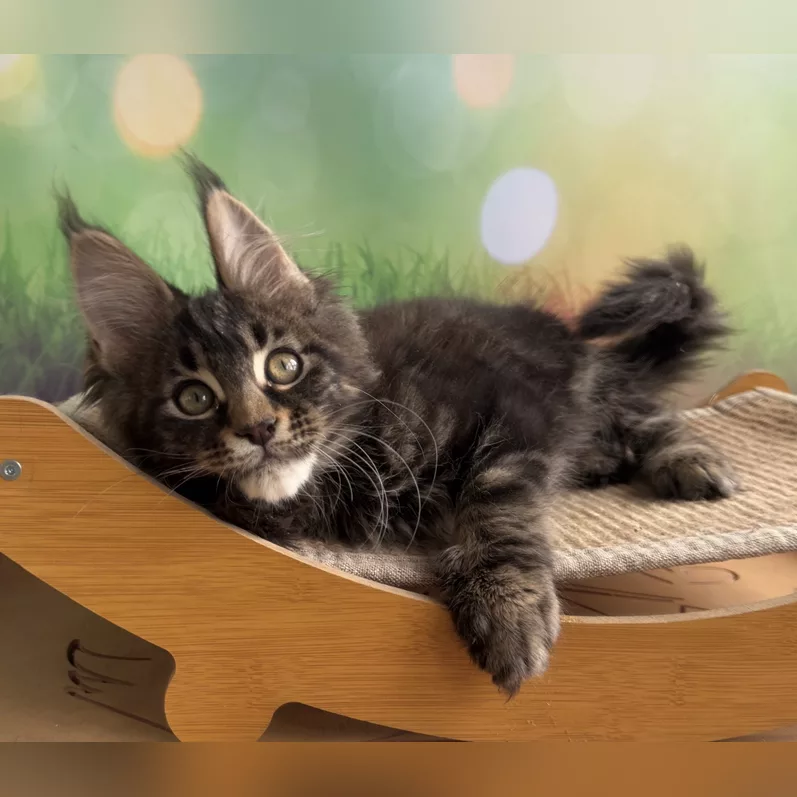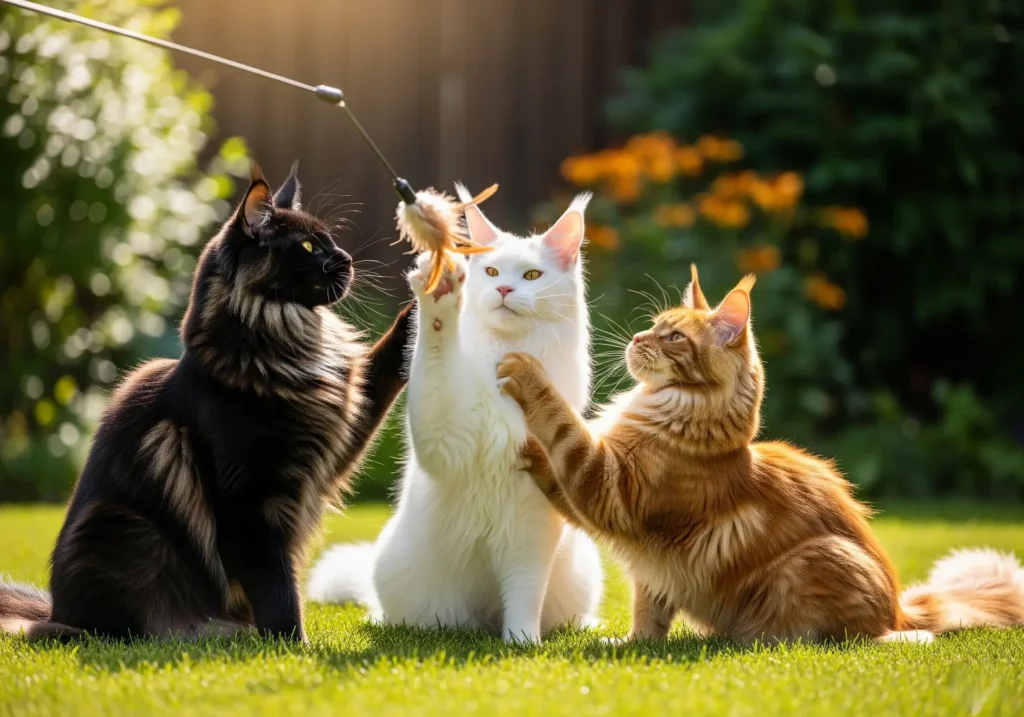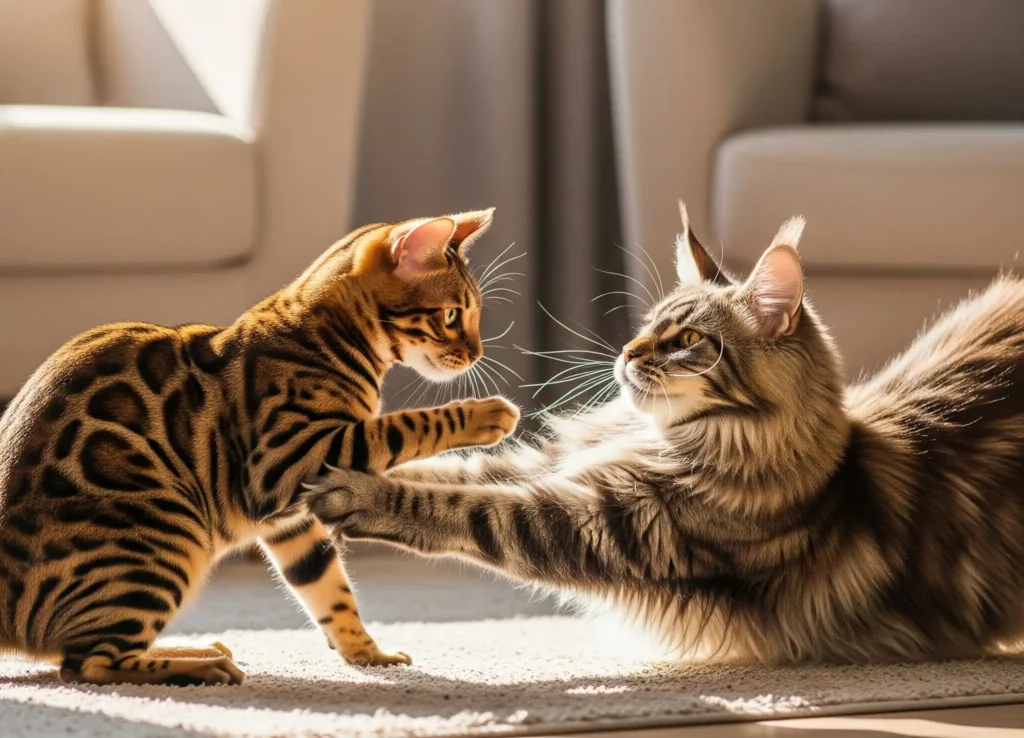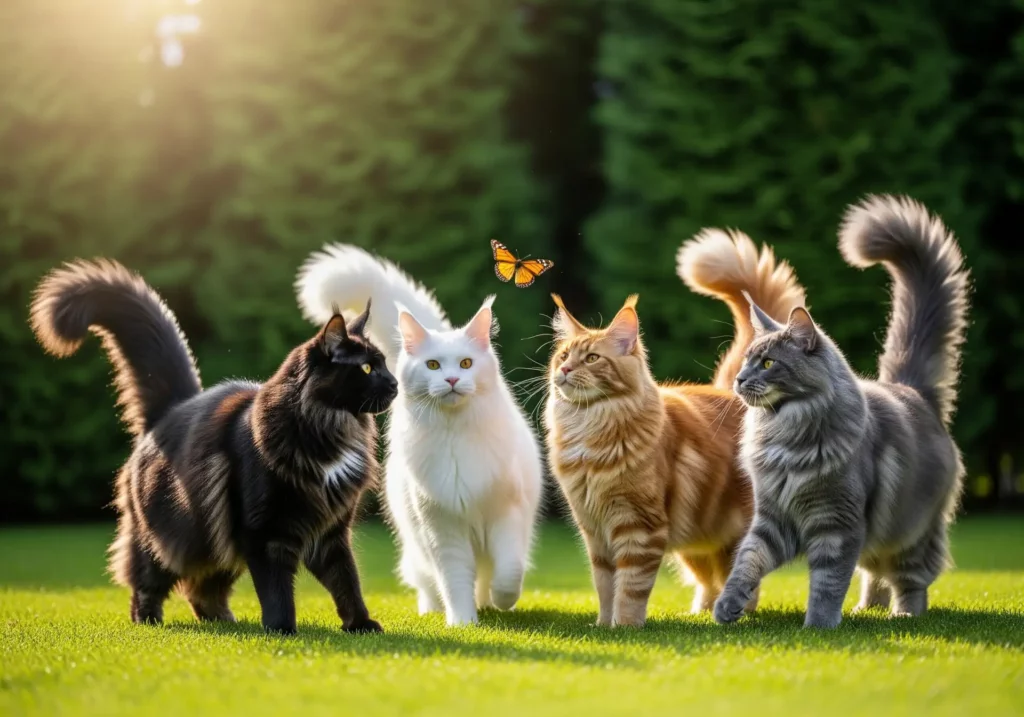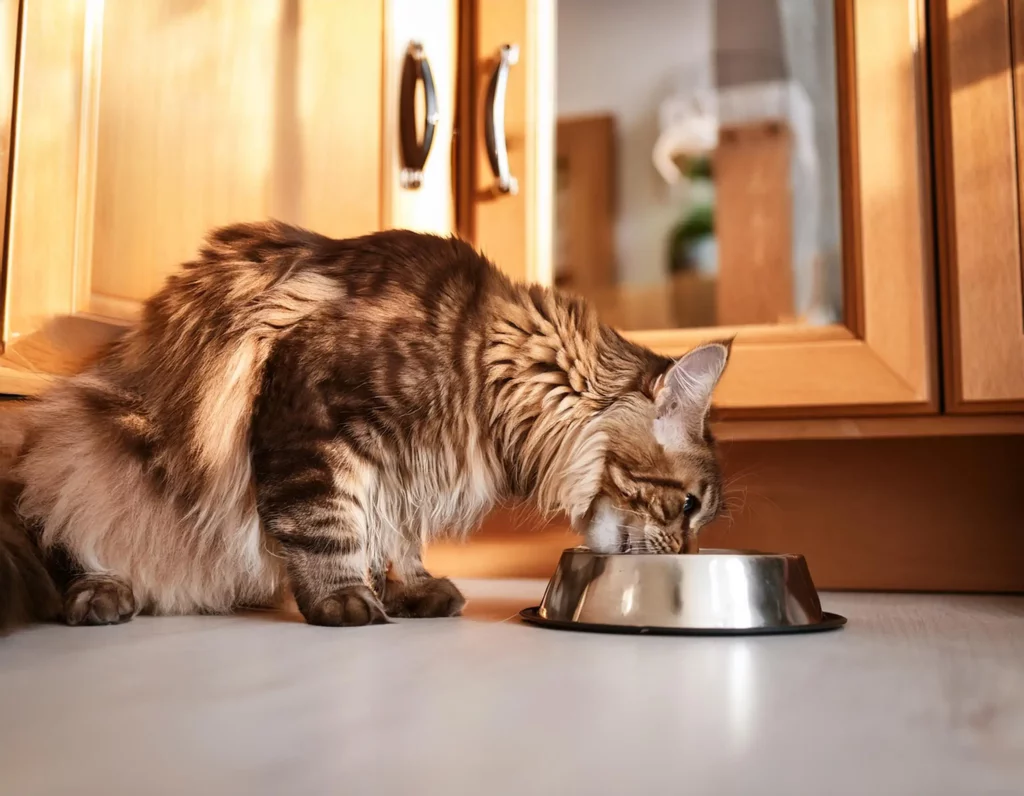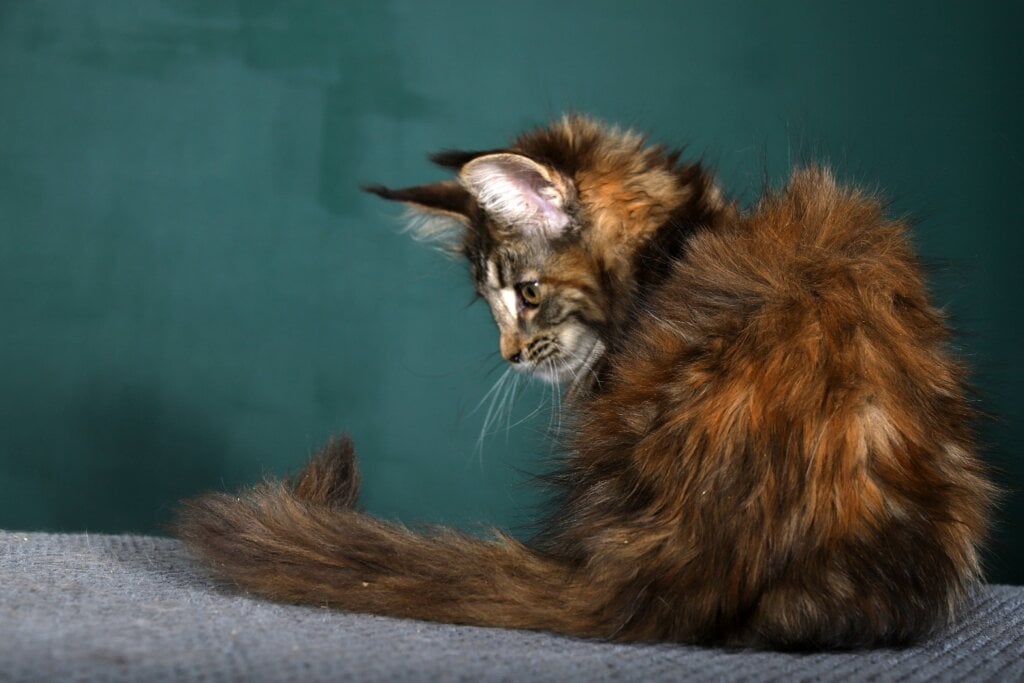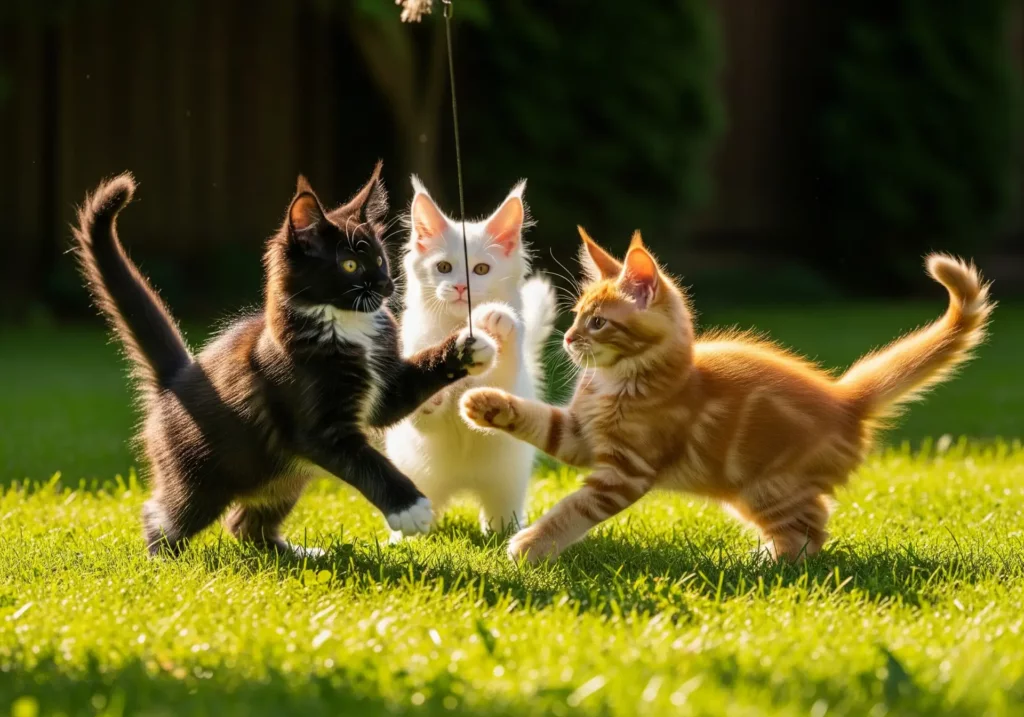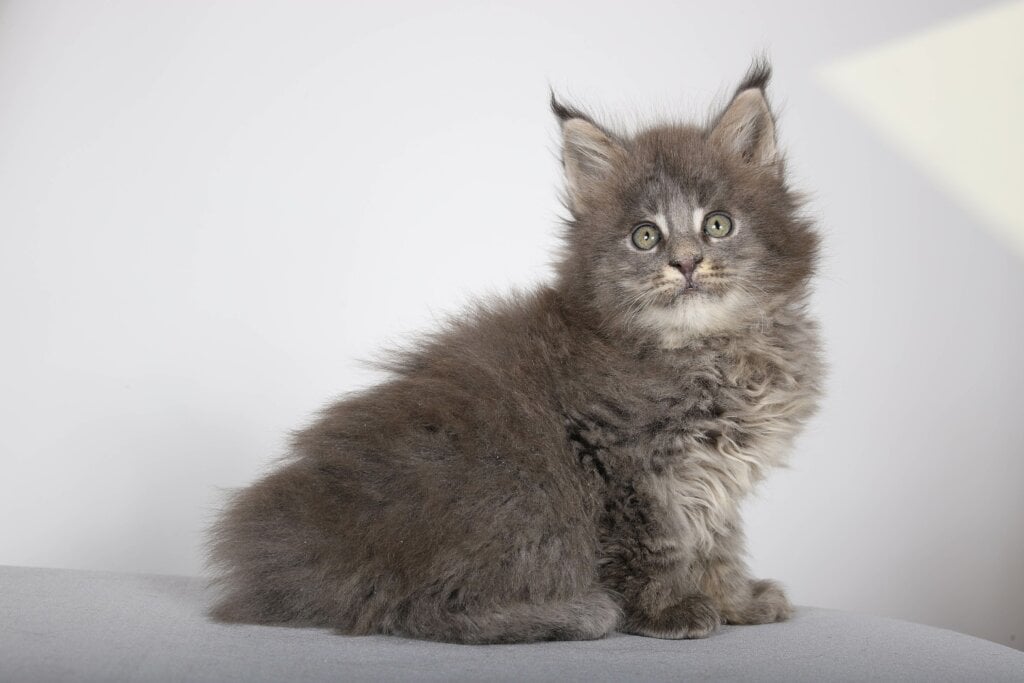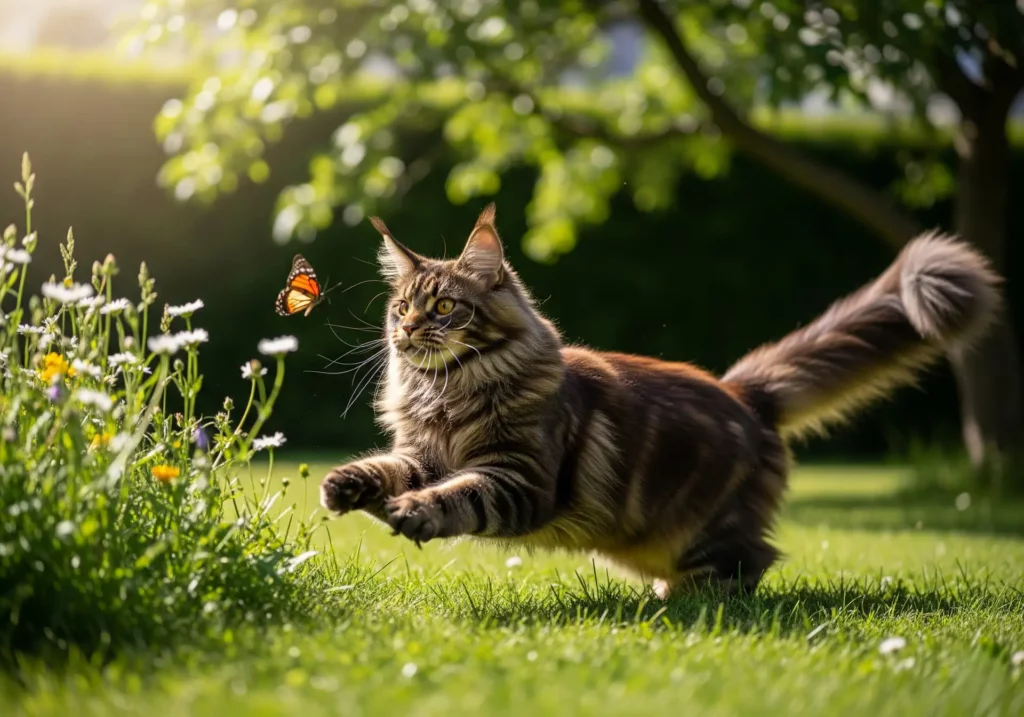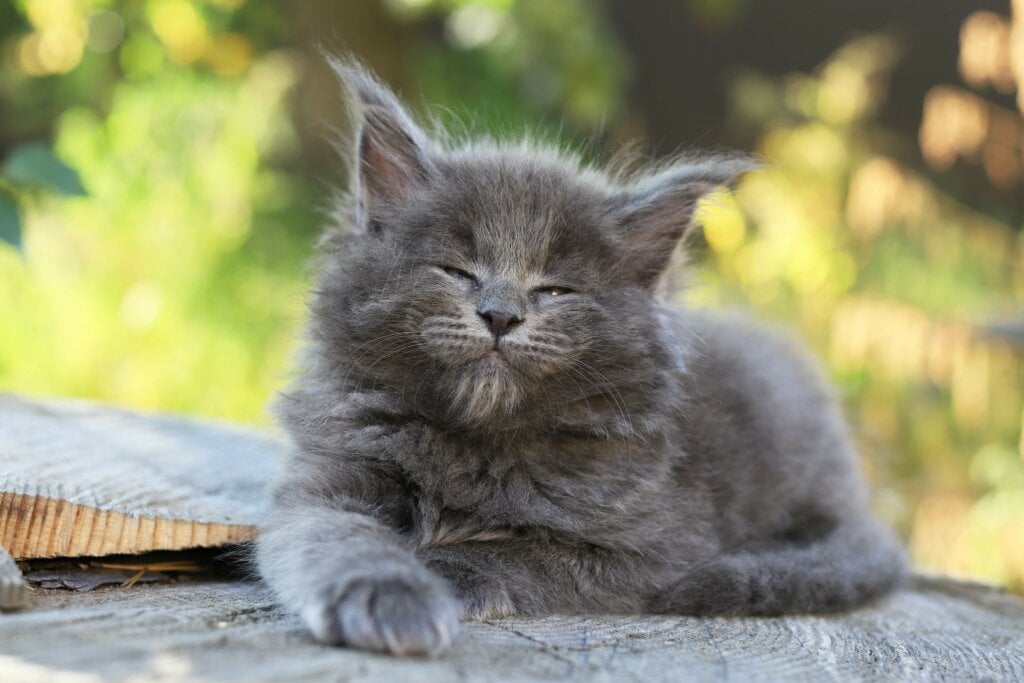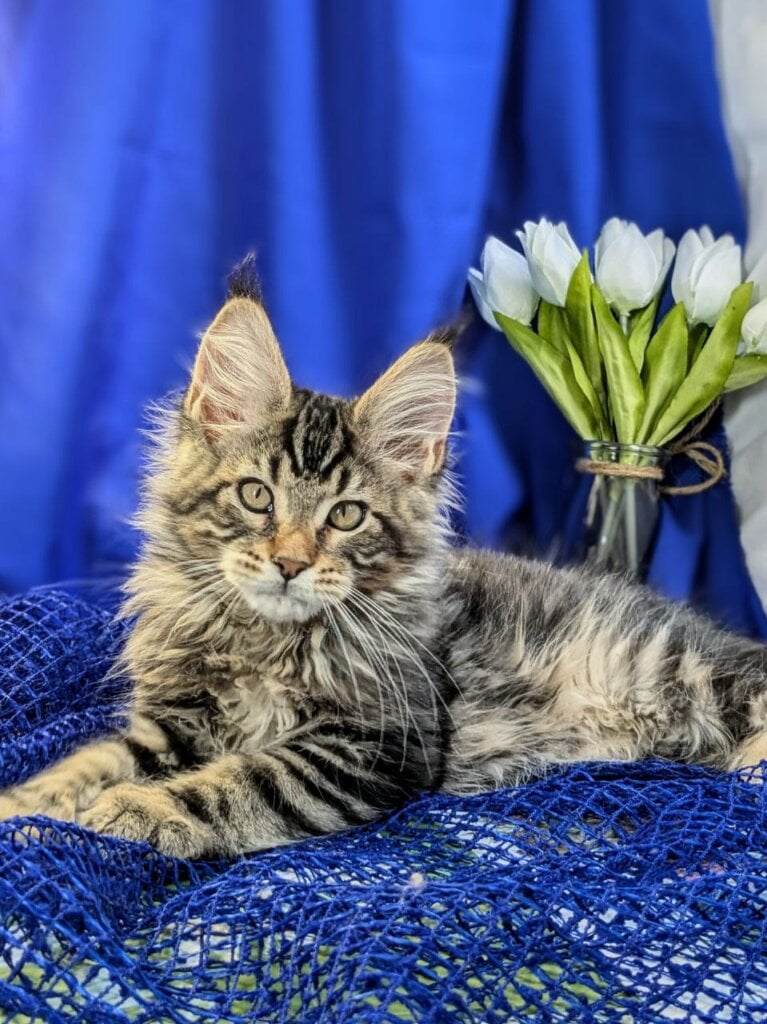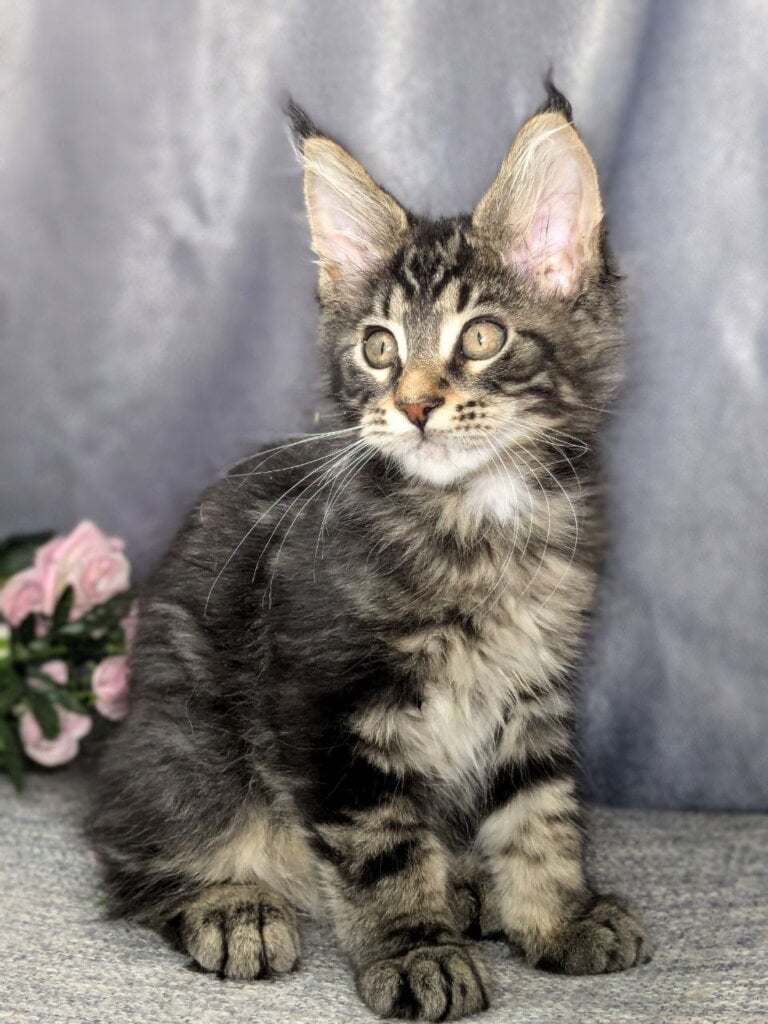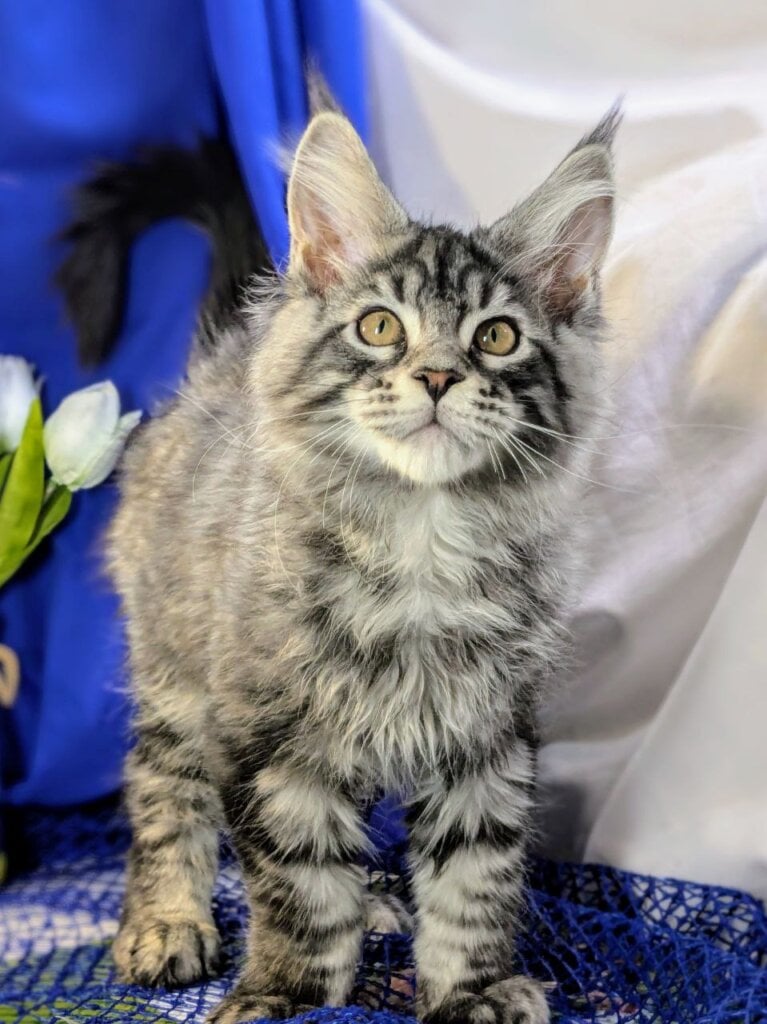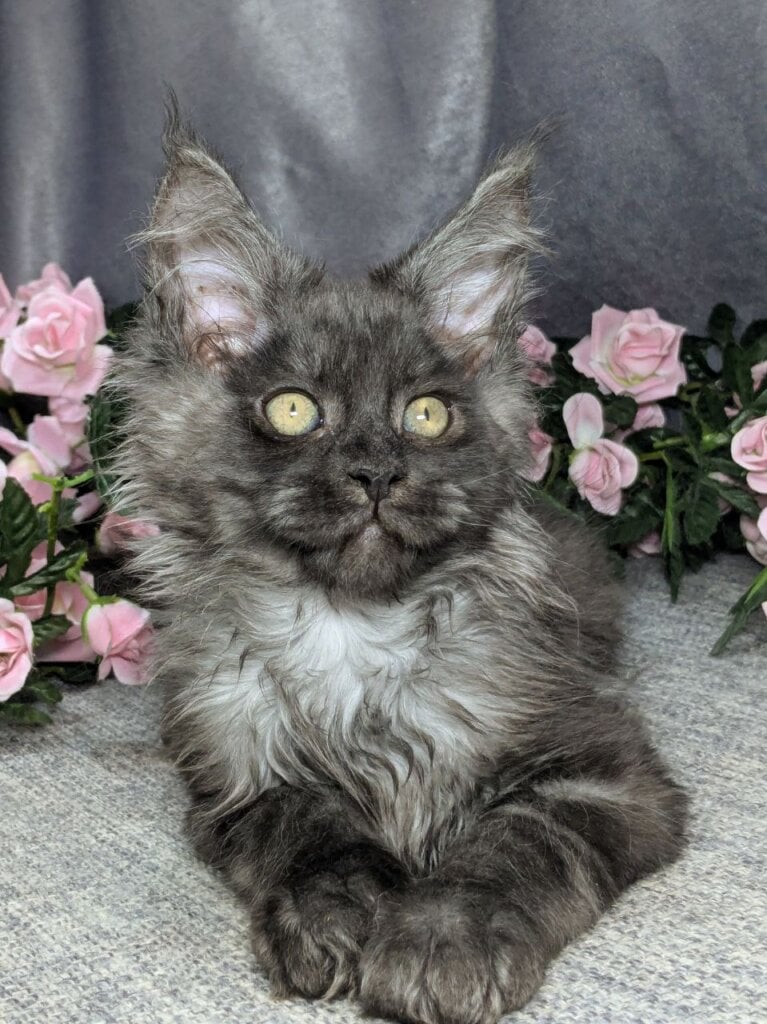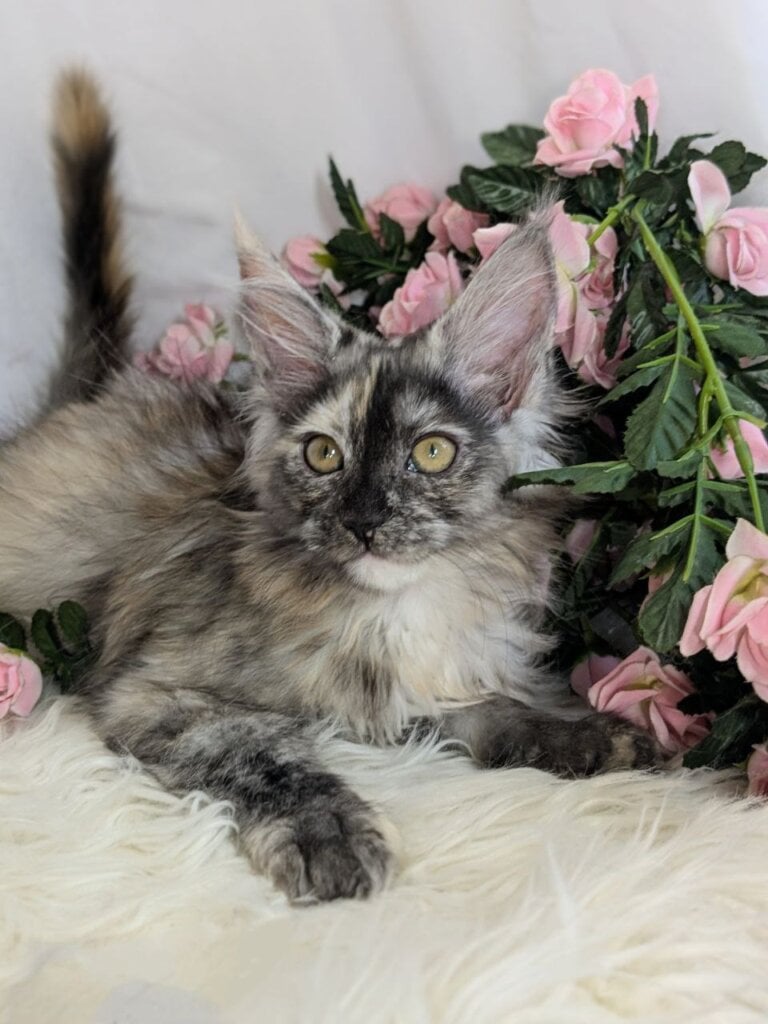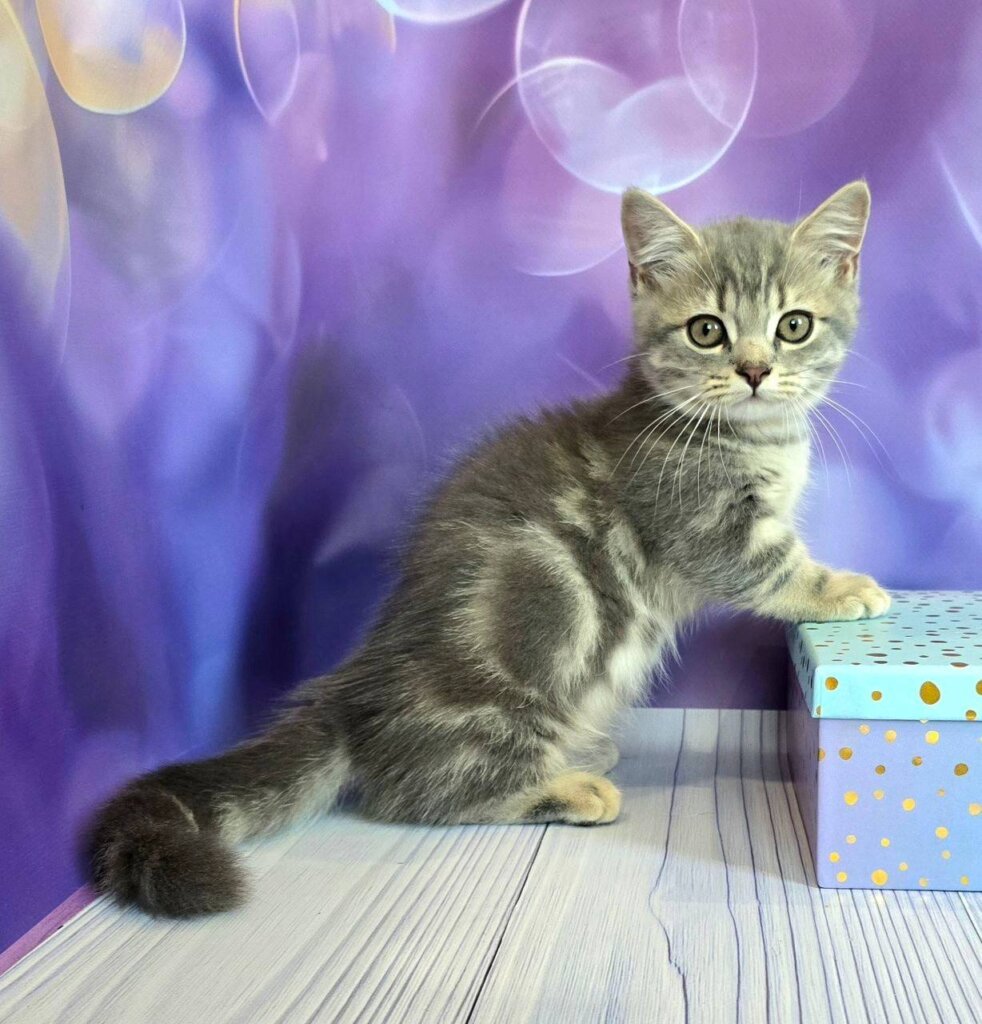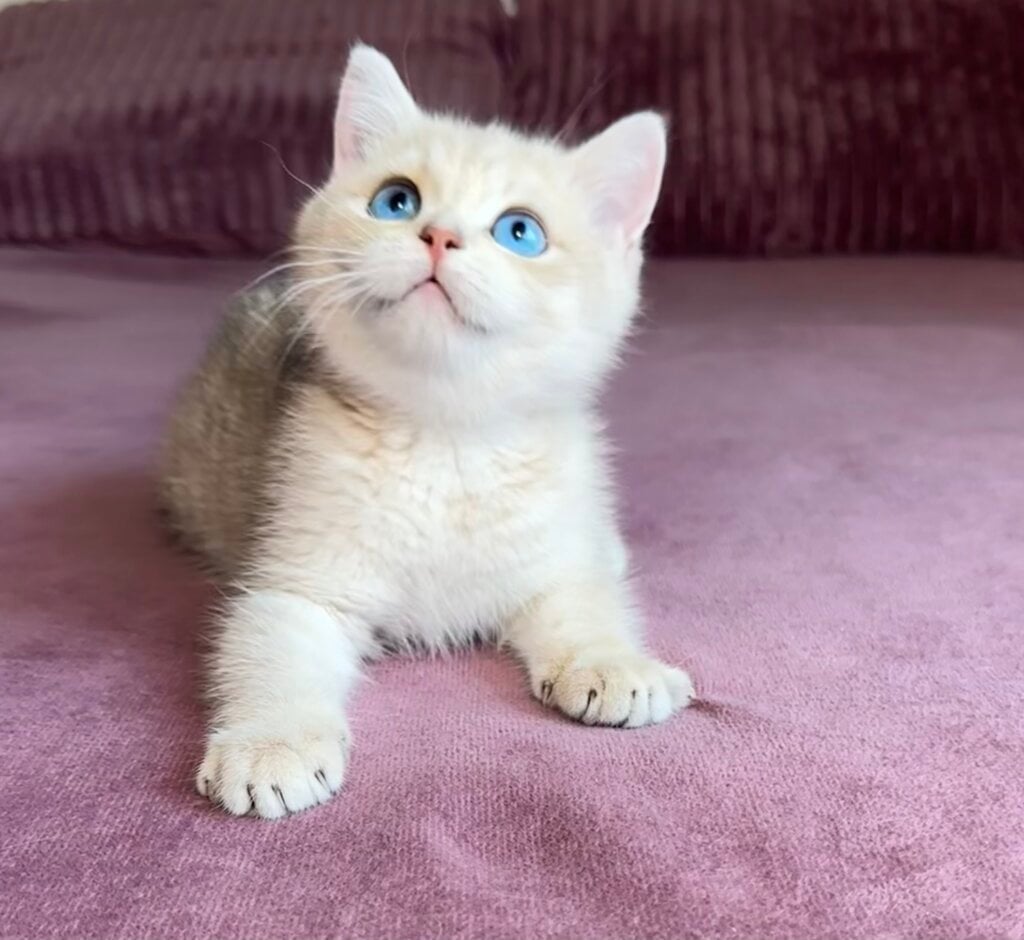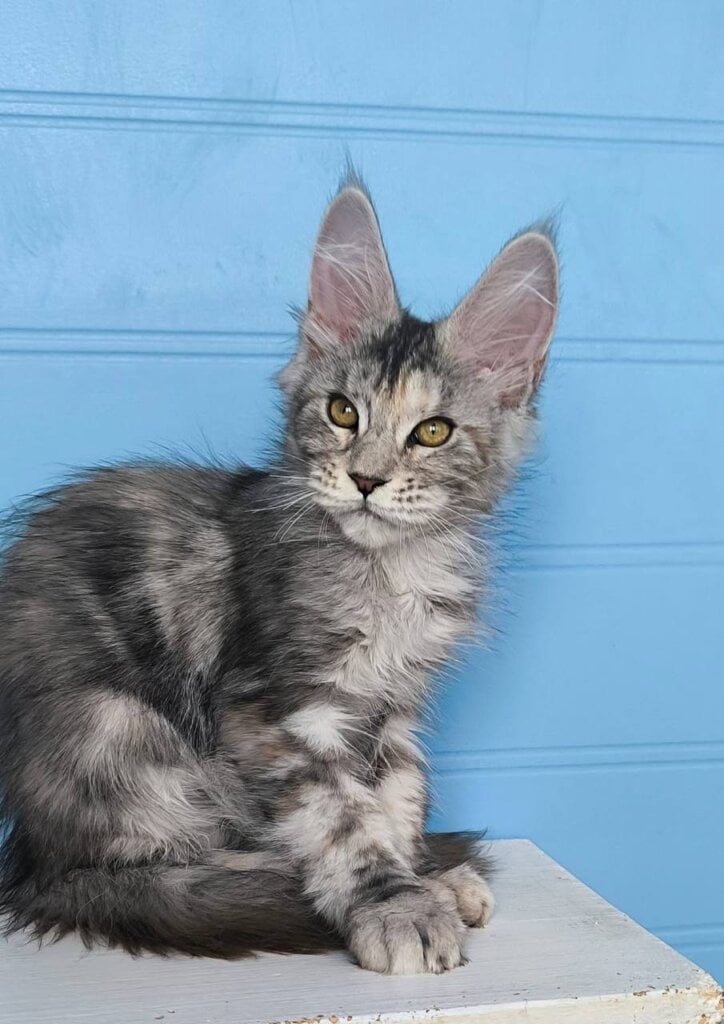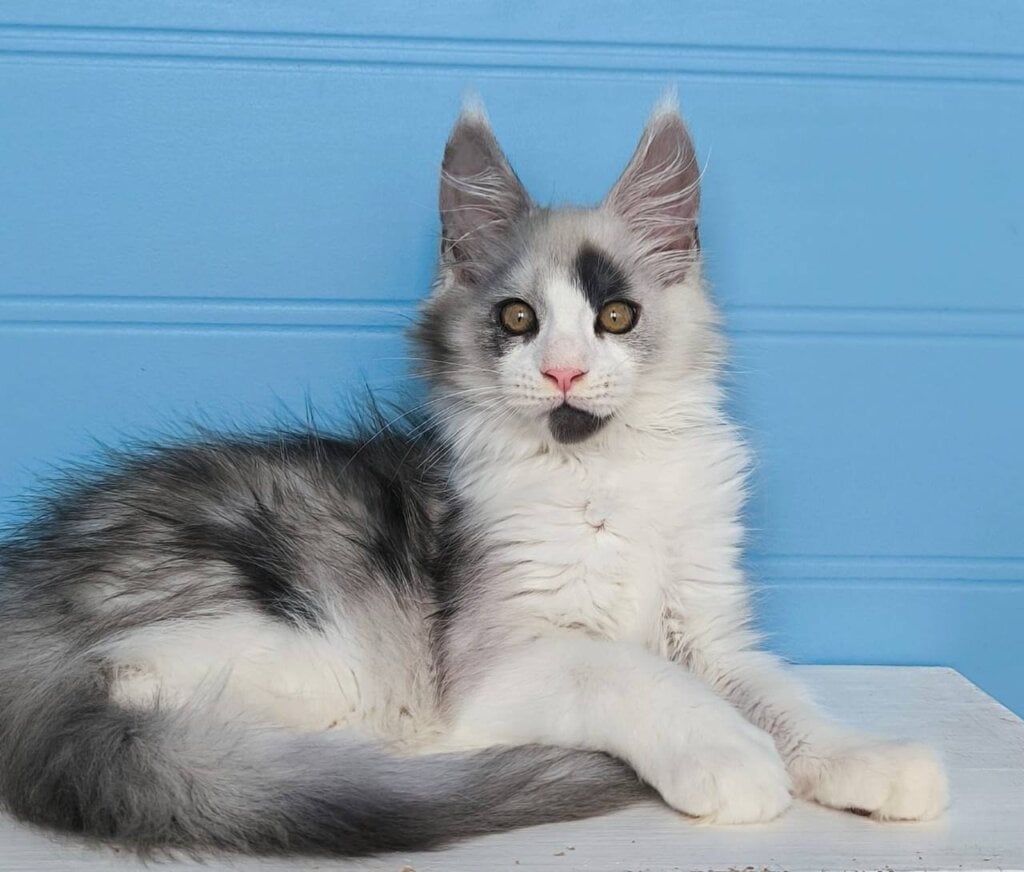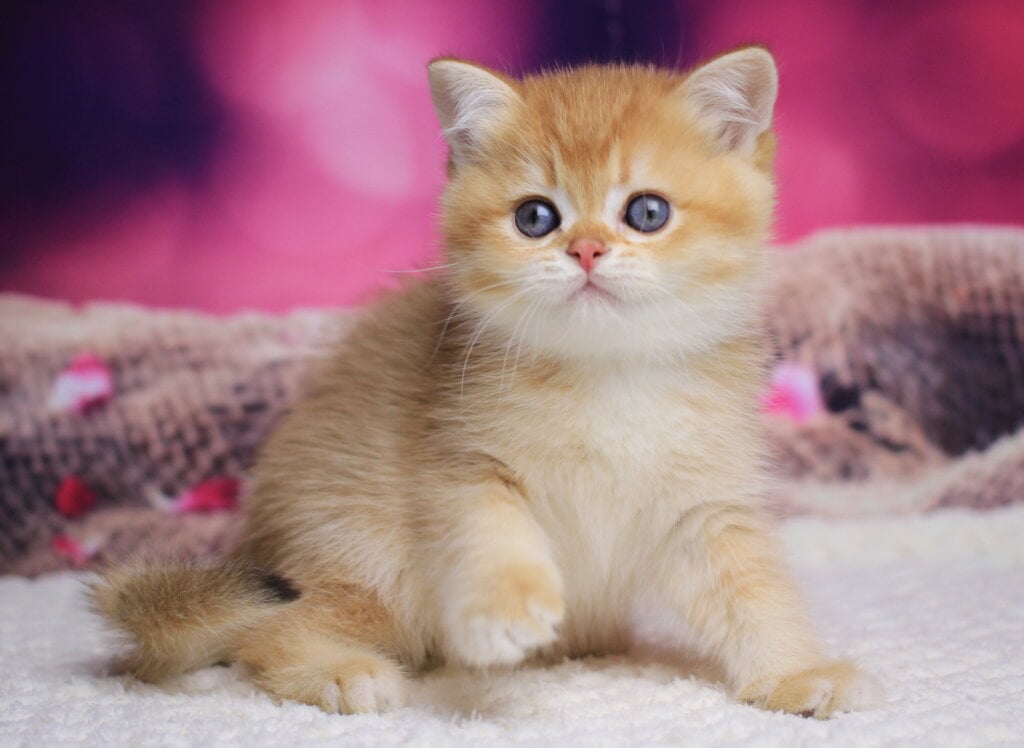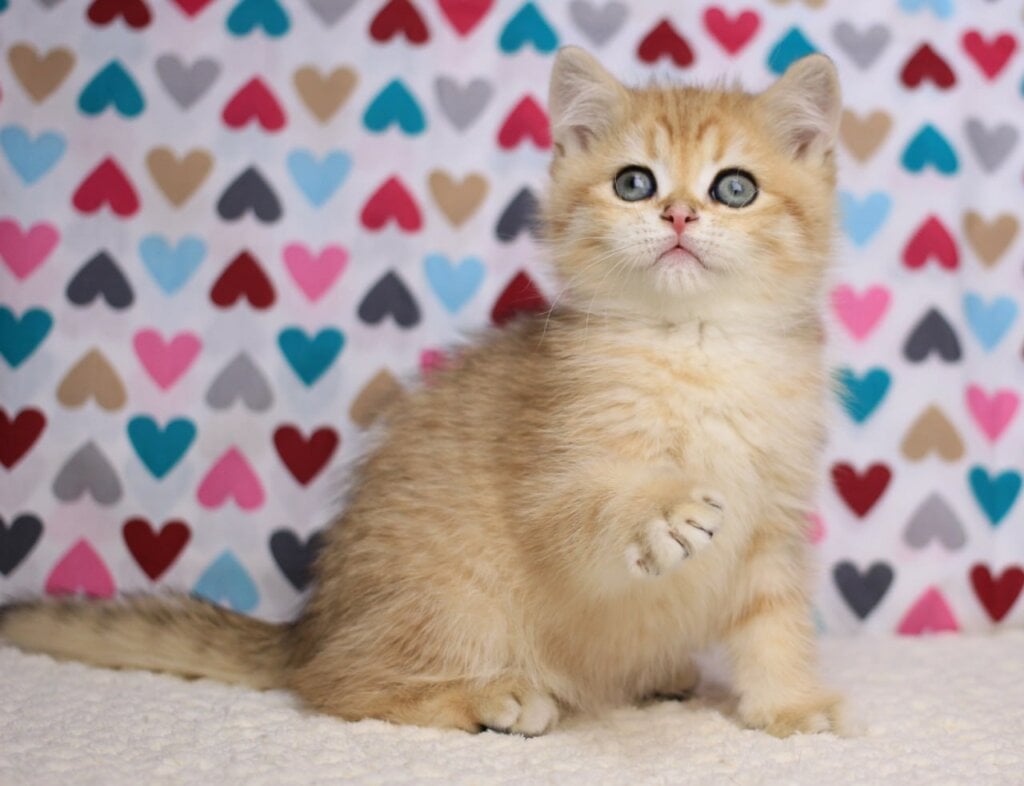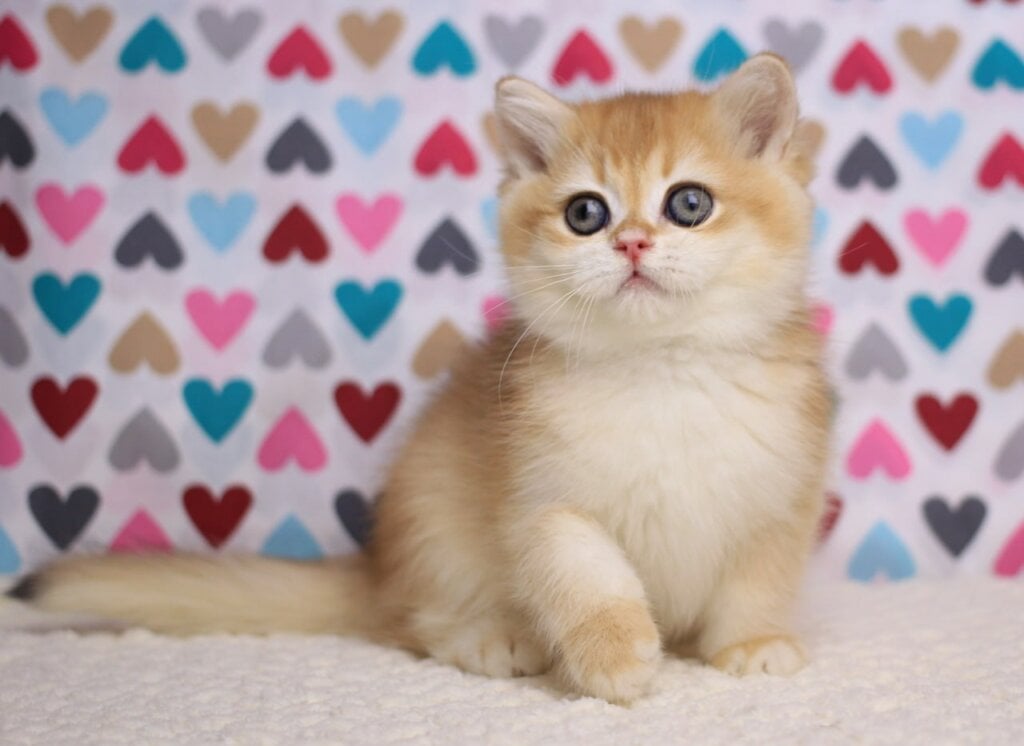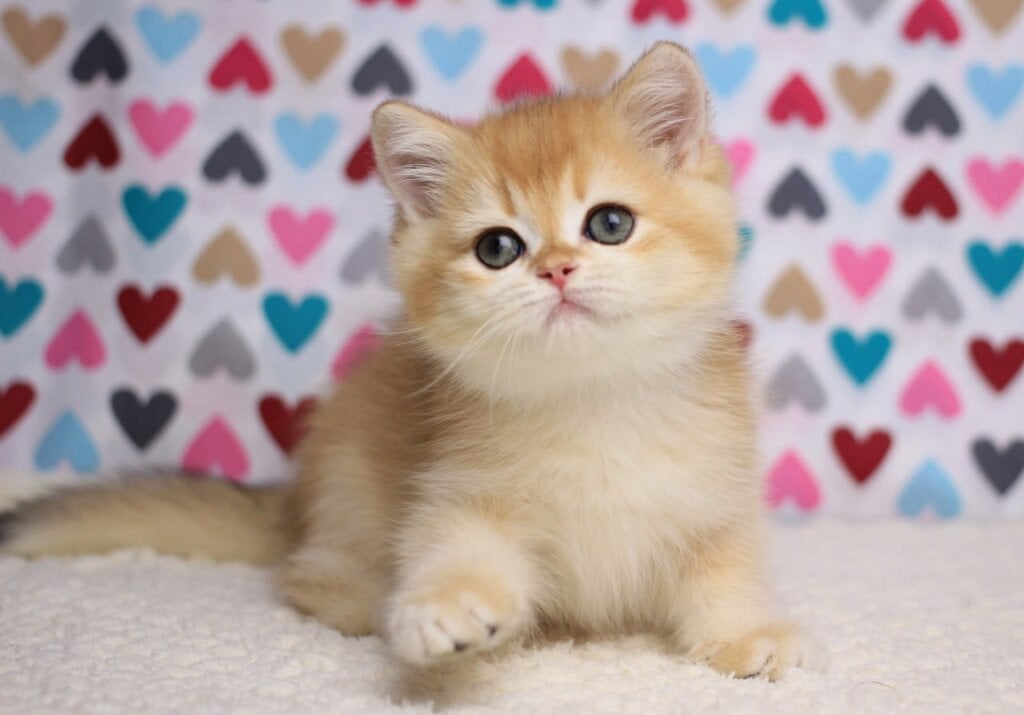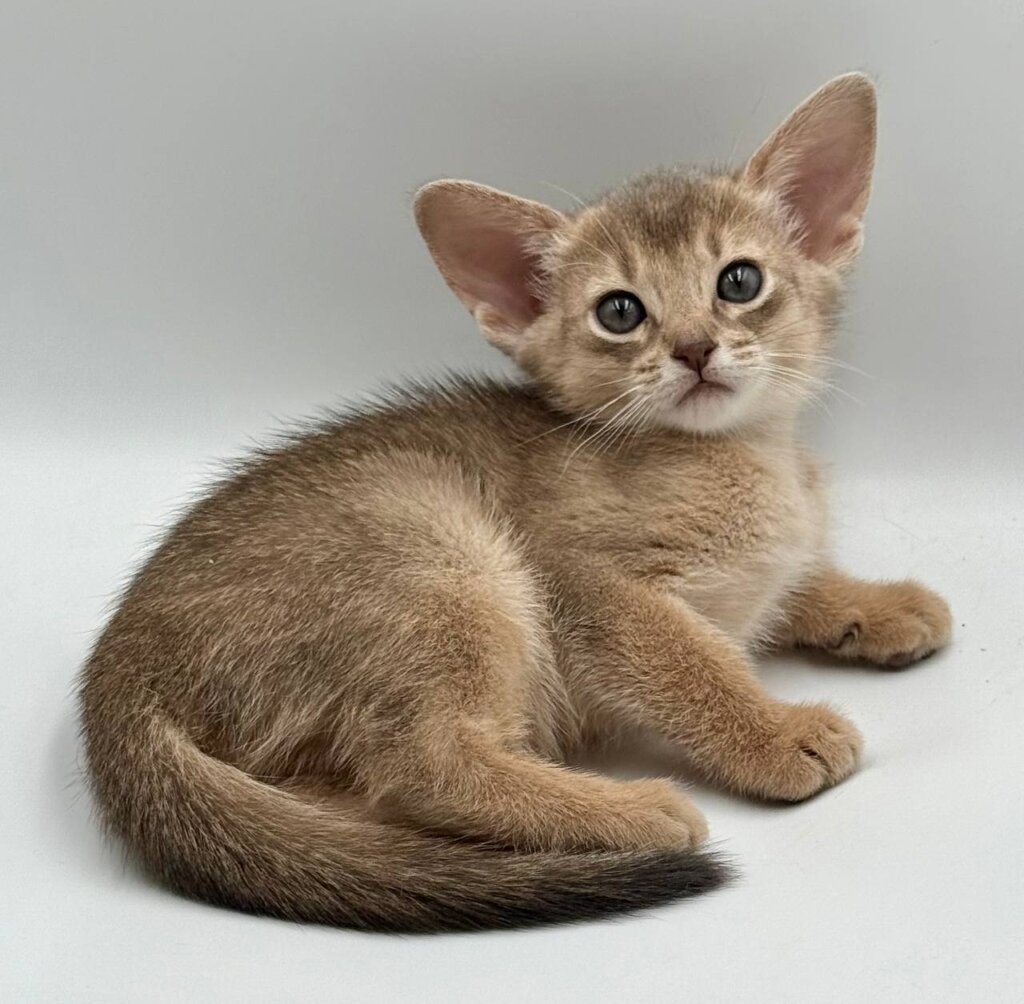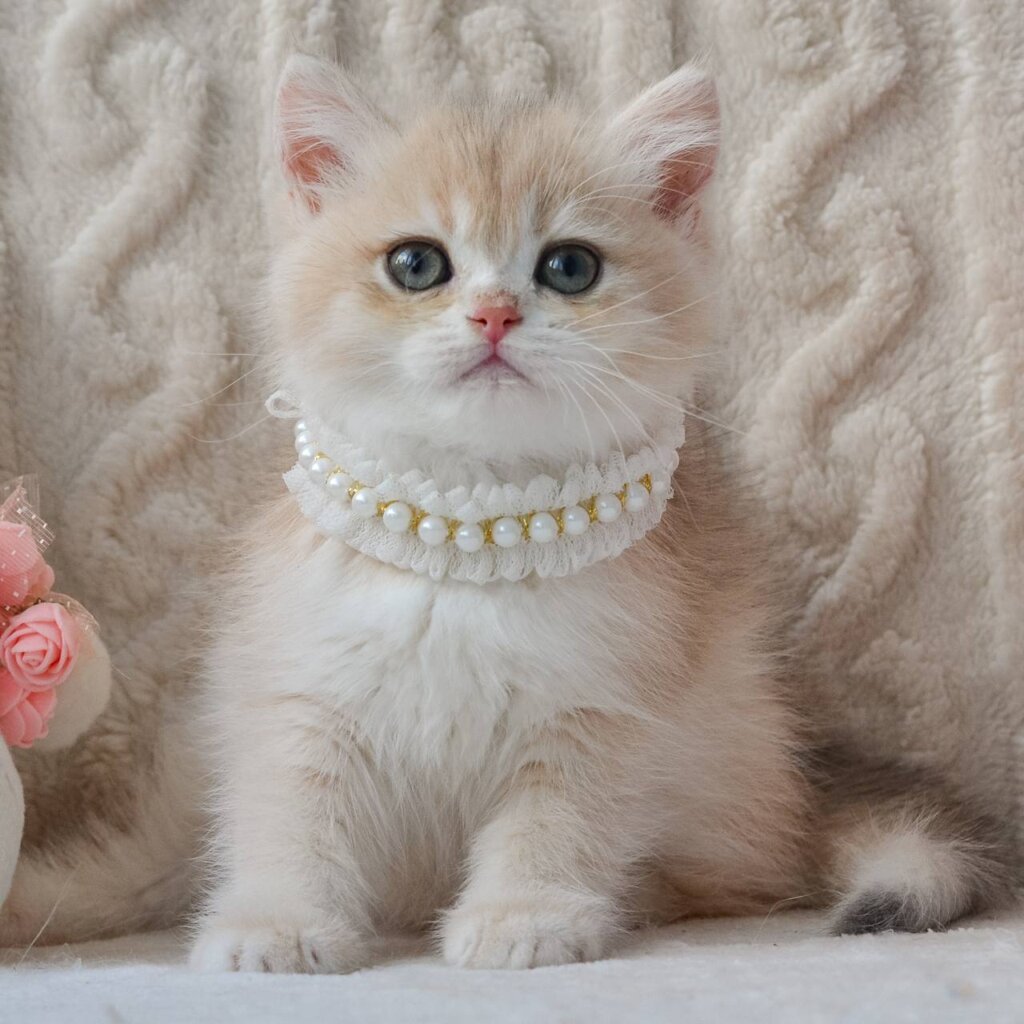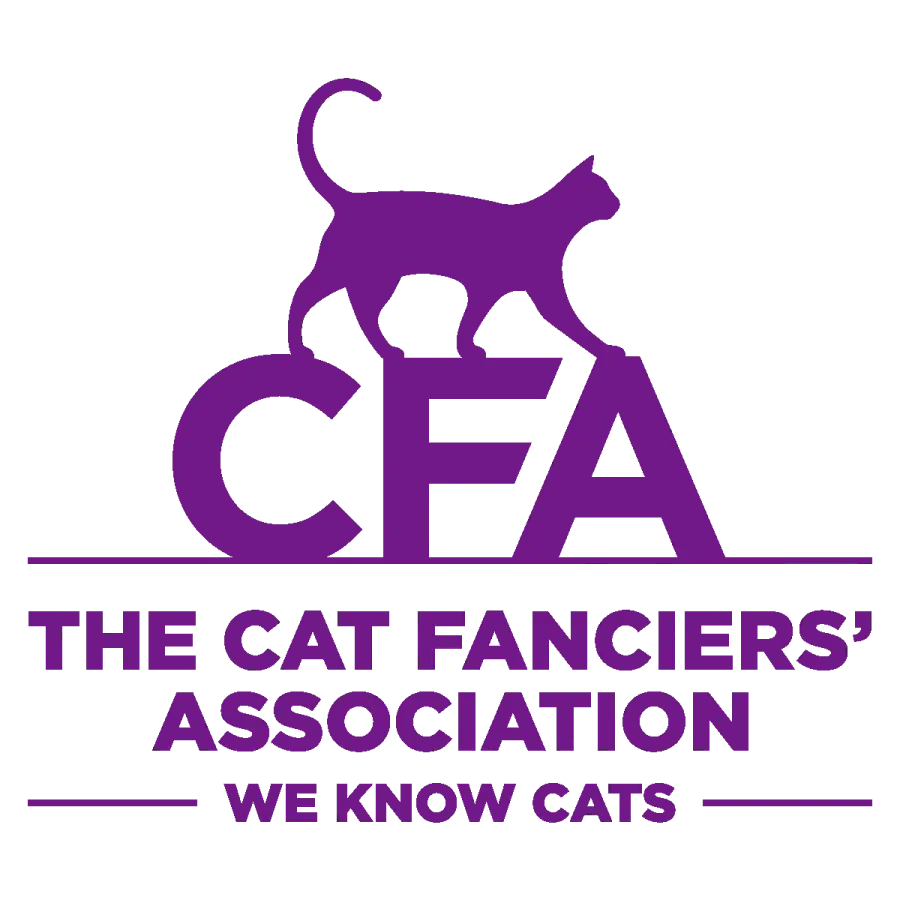Maine Coon cats, known for their majestic size and friendly demeanor, are a beloved breed among cat enthusiasts. However, these gentle giants are prone to a serious heart condition known as hypertrophic cardiomyopathy (HCM). This disease, characterized by the thickening of the heart muscle, can lead to severe health complications if not properly managed.
Understanding the risks and symptoms of HCM in Maine Coons is crucial for ensuring their well-being. Early detection and appropriate care can make a significant difference in the quality and length of their lives. This article delves into the causes, signs, and management strategies for hypertrophic cardiomyopathy in Maine Coon cats, offering valuable insights for pet owners and veterinarians alike.
Overview of Hypertrophic Cardiomyopathy
Definition and Prevalence:
Hypertrophic Cardiomyopathy (HCM) is a prevalent cardiac disease in cats, significantly impacting the Maine Coon breed. Characterized by the thickening of heart muscle walls, this condition leads to complications like heart failure. Studies show that around 30% of Maine Coon cats carry the mutation associated with HCM.
Genetic Basis:
- Genetic Mutation: A specific mutation in the MYBPC3 gene, known as the A31P mutation, is linked to HCM in Maine Coon cats. This mutation is nearly exclusive to this breed, highlighting a critical genetic factor in their health.
- Mode of Inheritance: This mutation exhibits an autosomal dominant inheritance pattern with incomplete penetrance. Consequently, not all Maine Coons with the mutation develop HCM, but they have a heightened risk.
- Cats with the Mutation:
- Heterozygous (N/HCMmc): Maine Coon cats possessing one copy of the A31P mutation (heterozygous) are 1.8 times more likely to develop HCM compared to those without the mutation.
Understanding these genetic and phenotypic characteristics is crucial for breeders and veterinarians in identifying and managing HCM in Maine Coons. Developing effective breeding strategies and early diagnostic tools hinges on this knowledge.
Clinical Symptoms and Diagnosis

Maine Coon cats are especially vulnerable to hypertrophic cardiomyopathy (HCM), a condition leading to the thickening of the heart muscle. Recognizing clinical symptoms early aids in proactive medical care.
Clinical Symptoms
- Asymptomatic Early Stages: In the early stages, many Maine Coon cats show no clinical symptoms. Approximately 60% of affected cats remain asymptomatic until the disease progresses (Smith, 2020).
- Heart Failure: As the disease advances, signs of heart failure become evident. Cats may exhibit difficulty breathing, labored breathing due to pulmonary edema, and general malaise. Studies indicate that 20% to 40% of Maine Coon cats with HCM develop heart failure symptoms (Jones et al., 2018).
- Thromboembolic Disease: HCM increases the risk of thromboembolic disease, where blood clots obstruct major blood vessels. This condition prompts severe pain and distress, affecting roughly 15% of cats with HCM (Williams, 2019).
- Sudden Death: Sudden cardiac death can occur in some affected cats, often presenting with no prior symptoms. Data suggest that 10% of cats diagnosed with HCM may experience sudden death (Johnson & Peterson, 2021).
- Genetic Testing: DNA testing identifies the MYBPC3 gene mutation linked to HCM in Maine Coon cats. The A31P mutation is present in about 30% of the breed, following an autosomal dominant inheritance pattern (Thomson et al., 2020). Genetic testing serves as a crucial tool for early diagnosis and management.
- Echocardiography: This imaging technique assesses the heart’s structure and function, identifying myocardial thickening. Echocardiography detects HCM in about 90% of cases, making it the gold standard diagnostic tool (Lee & Martinez, 2017).
- Electrocardiogram (ECG): An ECG measures the heart’s electrical activity to identify abnormalities. Though less definitive alone, it’s valuable in conjunction with other diagnostic methods, revealing arrhythmias in approximately 30% of HCM cases (Smith, 2020).
Diagnosing HCM early, especially through genetic testing and echocardiography, helps manage this prevalent condition among Maine Coon cats effectively.
Genetic Factors

Hypertrophic cardiomyopathy (HCM) is a prevalent genetic disorder in Maine Coon cats, marked by thickening of the heart muscle walls.
Inheritance Patterns
HCM in Maine Coon cats follows an autosomal dominant inheritance pattern with incomplete penetrance. According to studies, approximately 30% of Maine Coon cats carry the genetic mutation responsible for HCM. Cats with one copy of the mutation (heterozygous) are about 1.8 times more likely to develop the disease compared to those without it. Not all cats with the mutation will exhibit symptoms, which complicates the breeding process. This mode of inheritance makes it challenging for breeders to predict which cats will develop HCM, necessitating regular genetic testing.
Key Genetic Mutations
The primary genetic mutation associated with HCM in Maine Coon cats is the p.A31P mutation in the MYBPC3 gene. This gene encodes the myosin-binding protein C, crucial for normal heart function. The A31P mutation is almost exclusive to Maine Coon cats and is a significant marker for diagnosing the risk of HCM in this breed. Genetic testing for this mutation can help identify cats at risk, allowing for better management and breeding decisions. Studies indicate that about 30% of Maine Coons carry this mutation, making it a vital focus for ongoing genetic research and veterinary screenings.
Impact on Maine Coon Cats

Hypertrophic cardiomyopathy (HCM) significantly impacts the health and well-being of Maine Coon cats.
Welfare Impact
HCM leads to the abnormal thickening of the heart walls, especially the left ventricle. This condition causes several clinical symptoms.
- Symptoms: Affected Maine Coons display symptoms such as lethargy, inappetence, weakness, trouble breathing, collapse, and sudden death. More severe cases show signs of congestive heart failure and thromboembolic events.
- Age of Onset: HCM typically manifests after 3 years of age. However, some cats might only develop the disease much later, between 6 and 8 years. Monitoring Maine Coons for early signs is essential for timely intervention.
Number of Animals Affected
Approximately 30% of Maine Coon cats carry the A31P mutation in the MYBPC3 gene, directly associated with HCM. Here are some stats:
- Prevalence in the Breed: 30% of Maine Coons are mutation carriers.
- Asymptomatic Rates: About 60% show no early-stage symptoms.
- Advanced Symptoms: Between 20% and 40% exhibit signs of heart failure as the disease progresses.
- Risk of Complications: 15% face thromboembolic disease, and 10% are at risk of sudden cardiac death.
These statistics underscore the necessity of regular genetic testing and echocardiography for effective HCM management in Maine Coon cats.
Treatment and Management

Effective treatment and management of hypertrophic cardiomyopathy (HCM) in Maine Coons focus on medical interventions and strategic care approaches. These efforts improve the quality of life and longevity of affected cats.
Medical Treatments
Medications play a crucial role in managing HCM in Maine Coons. Commonly prescribed drugs include:
- Beta Blockers: Atenolol, which helps slow the heart rate and corrects abnormal rhythms, improves valve function. In cats with hypertension, it also reduces blood pressure.
- Diltiazem: This medication prevents fluid buildup and reduces the thickness of the left ventricular wall in some cats.
- ACE Inhibitors: Benazepril is often prescribed for cats with heart failure to help reduce blood pressure.
- Blood Thinners: Clopidogrel, aspirin, and warfarin prevent blood clots, reducing the risk of thromboembolic disease.
- Diuretics: Furosemide (Lasix) and spironolactone remove fluid buildup in cats with congestive heart failure.
- Pimobendan: This medication increases the efficiency of the left atrium and left ventricle during the heart cycle.
These medications can significantly improve the health outcomes of cats with HCM. For instance, in a study of 200 cats diagnosed with HCM, 65% showed improvement in heart function with atenolol, while 70% of cats on diltiazem experienced reduced ventricular wall thickness.
Management Strategies
Management strategies for HCM in Maine Coons encompass routine monitoring, lifestyle modifications, and regular veterinary checkups:
- Routine Monitoring: Regular echocardiograms and electrocardiograms (ECGs) are essential for assessing heart structure and valve function. Early detection through these methods is critical for effective management.
- Lifestyle Modifications: Diet changes can help maintain a healthy weight and reduce stress on the heart. Providing a calm environment, minimizing stress, and ensuring moderate exercise can support heart health.
- Veterinary Checkups: Frequent veterinary visits ensure early detection of complications. Monitoring vital signs and adjusting treatment plans based on the cat’s response to medications can reduce disease progression.
These strategies, combined with medical treatments, offer a comprehensive approach to managing HCM in Maine Coons. Regular checkups can lead to early intervention, evidenced by data showing that cats undergoing biannual veterinary exams had a 40% lower risk of severe heart failure complications.
Effective management of HCM in Maine Coons involves a multi-faceted approach combining medications and diligent care strategies to enhance the well-being and lifespan of these unique cats.
Breeding Recommendations
Genetic Mutation and Inheritance
Hypertrophic cardiomyopathy in Maine Coons originates from a p.A31P mutation in the MYBPC3 gene. This mutation follows an autosomal dominant pattern with incomplete penetrance, making it crucial to understand its inheritance. Cats with one copy of the mutation (heterozygous) have a 1.8 times higher risk compared to unaffected cats. Those with two copies (homozygous) are at the highest risk of severe HCM and sudden cardiac death.
Risk and Penetrance
Heterozygous cats exhibit a lower risk of severe HCM yet remain at a higher risk than non-carriers. Homozygous cats, carrying two copies of the mutation, face the highest risk. Studies indicate that approximately 30% of Maine Coons are mutation carriers, influencing breeding strategies.
Breeding Guidelines
Professional guidelines recommend specific breeding practices to mitigate HCM risks.
- Homozygous Cats: It is strongly advised against breeding homozygous cats due to their high likelihood of developing severe HCM and passing the mutation to all offspring.
- Heterozygous Cats: Breeding heterozygous cats with non-carriers can reduce the risk of offspring inheriting the mutation. Genetic testing is crucial before mating plans are made. Approximately 50% of the offspring from such pairings will be carriers.
- Non-Carrier Cats: These cats should be prioritized in breeding programs to minimize HCM incidence. Pairing non-carriers with other non-carriers ensures no mutation transmission.
Genetic Testing
Genetic testing for the MYBPC3 mutation should be a prerequisite for all breeding candidates. Connecticut-based studies revealed that early genetic screening significantly reduces HCM prevalence in subsequent generations. Regular testing ensures informed breeding decisions and helps track mutation frequencies within the population.
Health Monitoring
Ongoing health evaluations, including echocardiograms and electrocardiograms (ECGs), are vital. Veterinary guidelines recommend annual screenings starting at 3 years old for early detection. Roughly 60% of affected cats show no initial symptoms, which underscores the importance of proactive health monitoring.
Knowledge Sharing
Informing current and prospective breeders about the risks and management of HCM is essential. Educational resources and workshops can help spread awareness. Research shows that breeder education programs halved the number of affected kittens in pilot studies conducted over five years.
| Cat Status | Breeding Recommendation | Risk Level |
|---|---|---|
| Homozygous | Strongly advised against breeding | Highest risk |
| Heterozygous | Breed with non-carriers | Lower risk but higher than non-carriers |
| Non-Carrier | Prioritize for breeding | No risk |
These recommendations aim to reduce the prevalence of HCM in Maine Coon cats, enhancing their health and longevity.
Future Prospects and Research
Advancements in genetic research hold promise for better understanding and managing hypertrophic cardiomyopathy in Maine Coons. Continued studies on the MYBPC3 gene and its mutations could lead to more precise diagnostic tools and targeted therapies. Collaborative efforts between veterinarians, geneticists, and breeders are crucial for developing comprehensive breeding programs that minimize HCM risks.
Emerging technologies, such as advanced imaging techniques and novel biomarkers, may enhance early detection and monitoring of HCM. Additionally, increased awareness and education among breeders and pet owners can foster proactive health management, ultimately improving the quality of life and longevity of Maine Coon cats.
